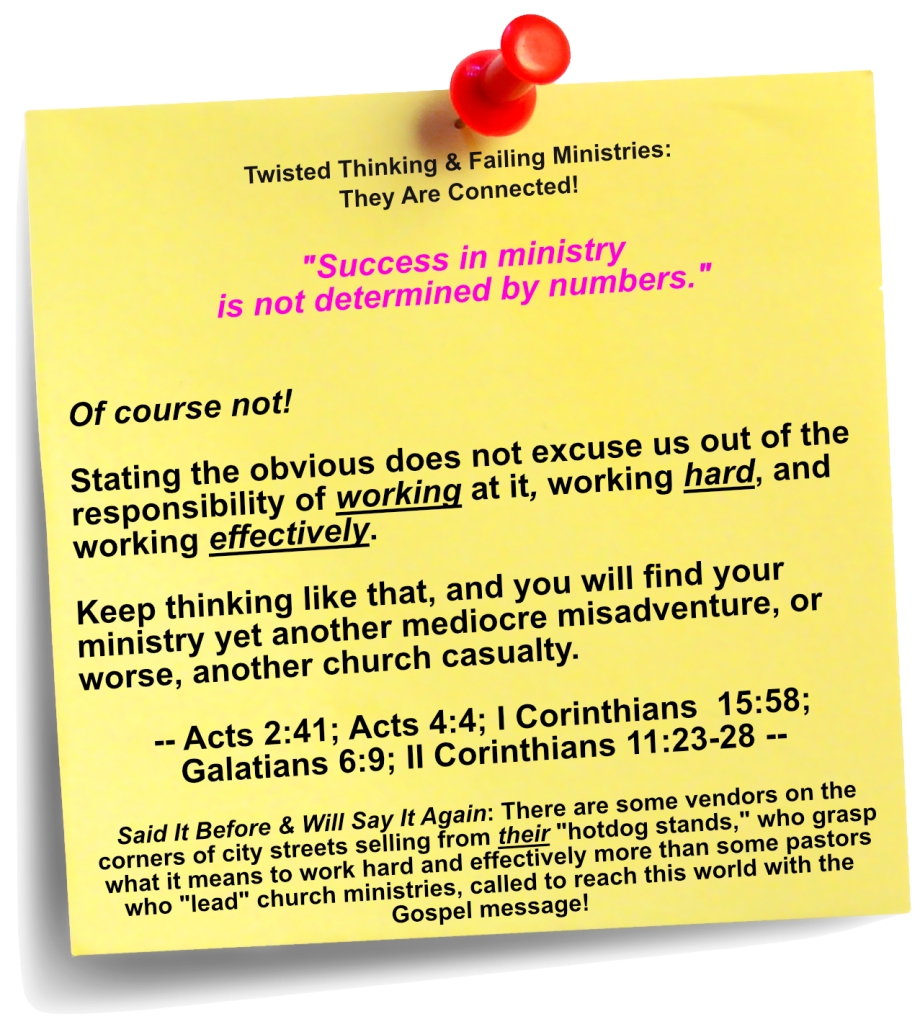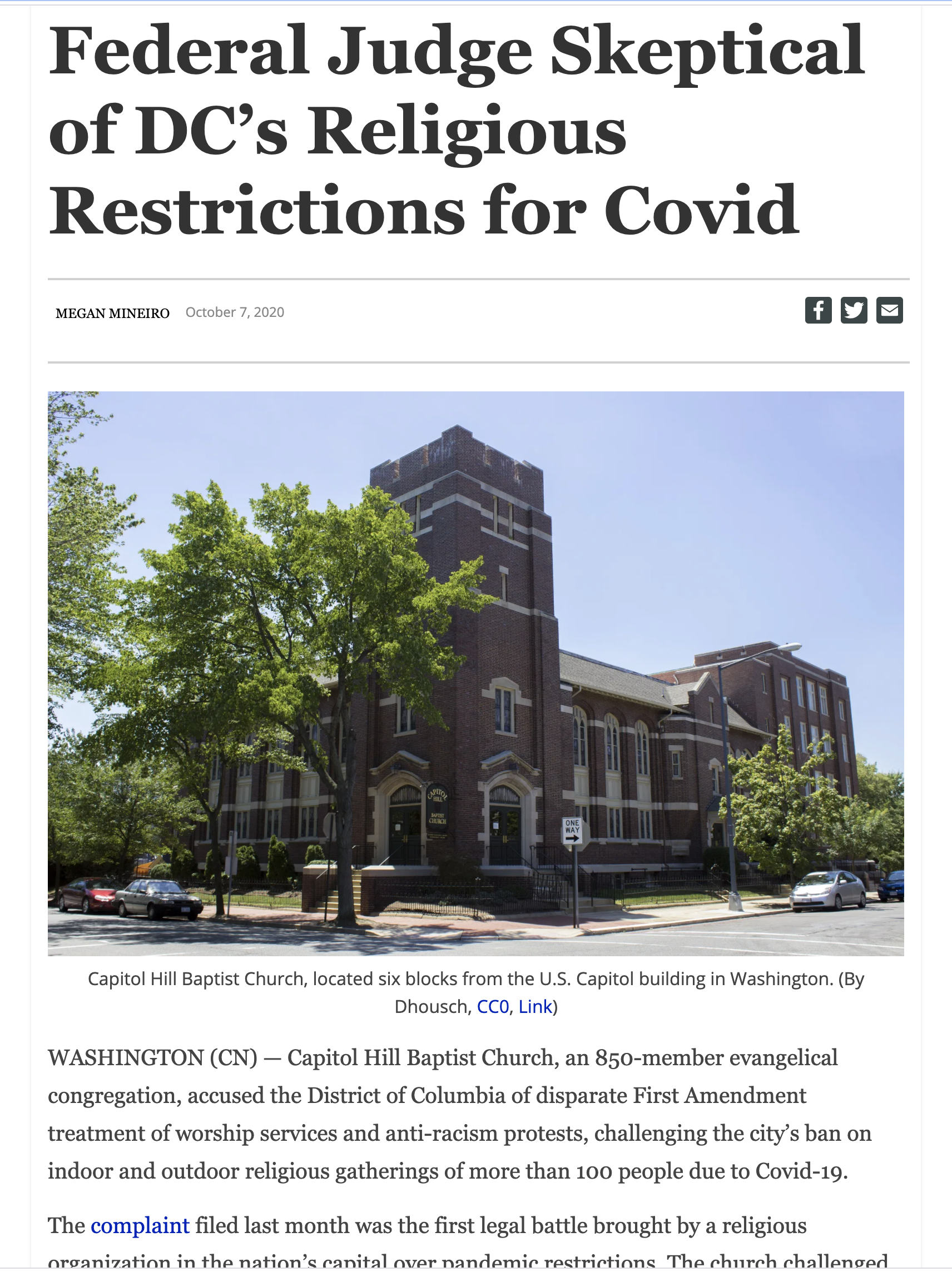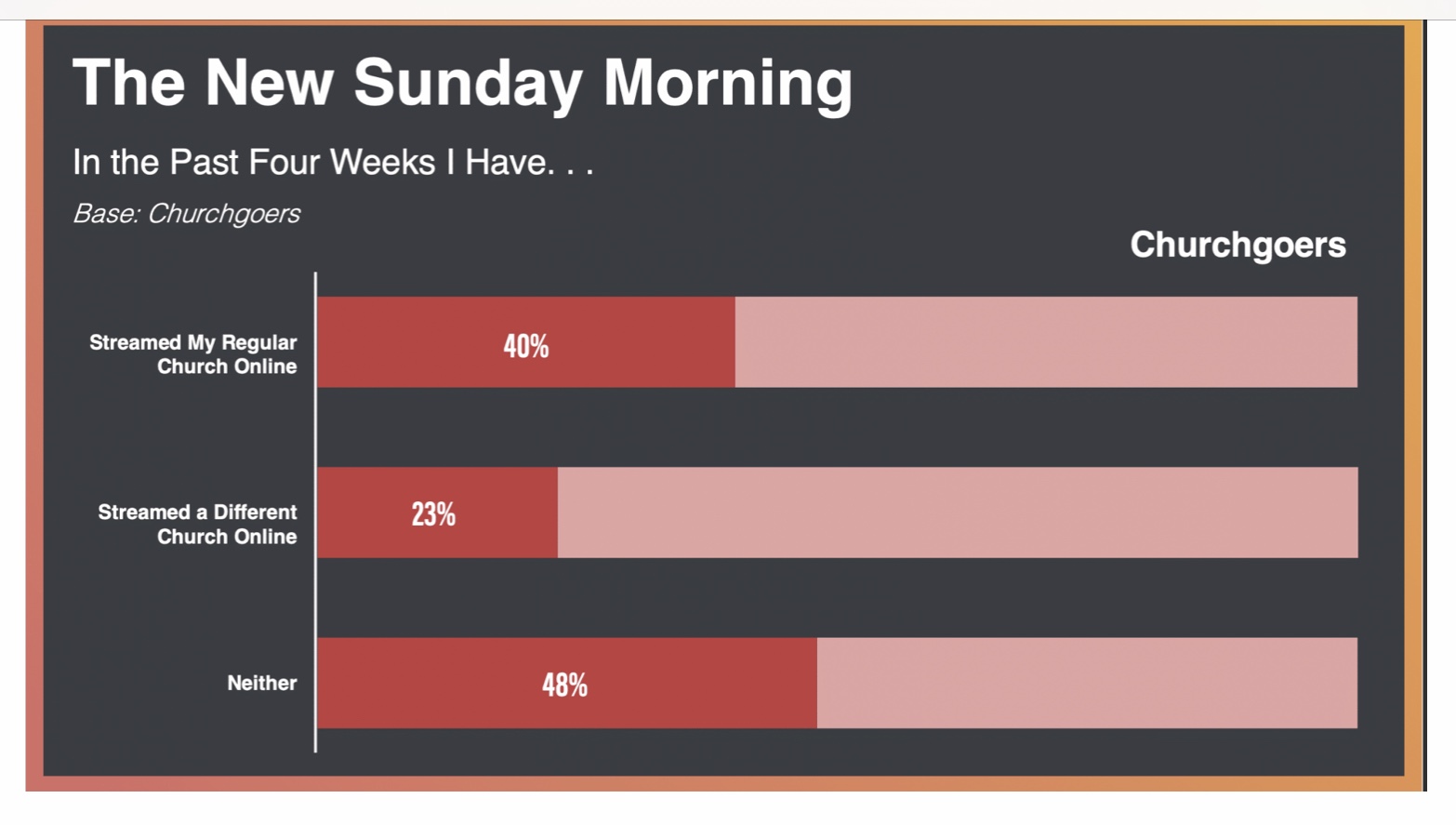
I cannot imagine watching a game without some kind of scoreboard. One of the first pieces of information a person wants to know when they turn on a game which is in progress is . . . .
What’s the score?
Walk into a room, where people are watching a game in progress, and you will probably ask . . . .
“What’s the score?”
or
“Who’s is ahead?”
Knowing the score is important for both sides of the game — those who are winning, in order to know that they are ahead, and to those who are behind, so that they realize that they need to up their game.
If there were no scoreboards, surely somebody would be recording the score on a piece of scrap paper or in the dirt.
SCOREBOARDS:
√ At times, a scoreboard was not needed because the score was not important. Some games are not that serious, and “no one” is really keeping score. If you have ever played a pickup game of basketball, or the youth group has played “tag” football, you probably had nothing close to a scoreboard. The game was recreational, not competitive — except perhaps to the most competitive.
√ At other times, keeping score was mentally manageable. If you have ever attended a church or city-sponsored recreational team competition, there are no scoreboards — not even the simplest. Everyone watching the soccer game is keeping score in his/her mind. Many could even tell you who made this-or-that goal — especially moms and dads.
√ Sometimes a scoreboard becomes absolutely necessary. The game is “point-intensive” — such as basketball — or is professional and/or competitive. There are too many “points” to keep track of, and/or the outcome of the game has significant reward implications — March Madness / the Super-Bowl / FIFA / Wimbleton / The Open.
√ At times, a team wishes there was no scoreboard — 101 to 42. The score is rather embarrassing.
In fact, the “Mercy Rule” — “if one competitor has a very large and presumably insurmountable scoring lead over the other,” the game can be ended. In some sports (wrestling – a 15 point lead), the game is over if there is a designated point disparity. There is even an ongoing discussion as to when a coach should stop running up the score against another team.
////////
Some ministries’ only scoreboard is one that reflects those who have come from other ministries and local churches. Church growth is built on the disappointment with and failure of other ministries, not on the heart-felt and effective ministry outreach. The scoreboard does not reflect outreach to their community, but outflow from other ministries.
Some ministries don’t keep score because it is not important and/or it involves so few. They really have little interest in outreach or evangelism. They are settled and satisfied as a ministry or local church. There may be an individual – or two – or three who come to know Jesus, but through little real effort or effectiveness on their part.
Some ministries don’t “keep score” because it is embarrassing! There has not been a meaningful inflow of new believers over years of ministry. Those ministries and churches are monolithic in their spiritual demographics. It is uniform, rather than diversified, in its attendance and membership. The spectrum of “Just-Saved-to-Seasoned-Saints” is sorely missing.
It ought to be embarrassing to a ministry, but too often, it is not because there is no scoreboard seen or referenced — “It’s not about numbers, you see!” If they can get away with it, they will play down the need for any such accounting!
There are those in ministry who speak the “Rhetoric of Failure.” They excuse themselves out of their responsibility or justify their lack of effort — or both — by saying something like . . . . .
Success in ministry is not determined by numbers!
- We are called upon to be faithful, not successful.
- Only the Spirit of God can move the hearts of people.
- I can’t change a person’s heart. Only God can do that.
- We preach Christ and Him crucified. That’s our responsibility.
- We are called to preach, not persuade.
Of course, each of the comments calls up a biblical truth. That is what makes such excuses so useful and effective. Some call up the same kind of excuses when it comes to raising their children, as if there are no promises given to those who work hard in raising their children, as if raising your children in the nurture and admonitions of the Lord has no purposeful effectiveness.
There is a human or natural element in reaching out to those who know not Christ. If we did not believe that, we would not even do what we do in ministry. Whether it be a Christmas-Easter program, Summer Vacation Bible School themes-decorations-promotion, Youth Group events, etc. — They are all designed to make this-or-that outreach attempt more effective.
But when a ministry is floundering or failing at outreach, the mantras begin — “Ministry is not about how many people attend.” “God is not interested in programs, but people.” “We can only preach the Word; God must do the rest.” “Success in ministry is not determined by numbers.”
How often has it been said . . . .
“It is hard to grow a church in our area of the country because . . . .
(and then a demographic was called up).
- this area of the country (New England) has a whole different attitude toward
- we are located in the inner-city, and people in the inner-city are
- the people we minister to are so transient – military / college town / immigrants.
- we are located in a very internationally diverse community
- our community is very rich
- our community is very poor
- our town is overrun with churches
- our town is primarily Italian Roman Catholics
After 36 years of ministry, in a heavily Roman Catholic, Northeast community, I refused to give any credence to those who excuse-out and excuse-away their responsibility. There is not a business in the world which can talk that way and hope to prosper. Only floundering and failing churches and ministries have that so-called “luxury” of such excuse making.
////////
“Knowing therefore the terror of the Lord, we persuade men.”
“I therefore so run, not as uncertainly; so fight I, not as one that beateth the air.”
“To the weak became I as weak, that I might gain the weak: I am made all things to all men, that I might by all means save some.”

Some Purposefully Play Without A Scoreboard — Because It’s Embarrassing!
////////
When you begin believing the excuses of others in ministry, you are now on the road of excusing and lying to yourself about your responsibility for outreach!
////////
Who have you talked to about Jesus this week . . . . okay month . . . . okay year.[1]
////////
When it comes to ministry . . . .
I cannot imagine watching, no less playing a game without some kind of scoreboard.
1. I didn’t say. . . . “Who has come to the Lord because of your talking to him or her?” But who did you begin a conversation with, for the intent of building toward and/or sharing the Gospel with this year? Or don’t you have a scoreboard which holds you accountable for that biblical responsibility?






 . Partner @ Wilmer-Hale, Washington, D.C.
. Partner @ Wilmer-Hale, Washington, D.C.